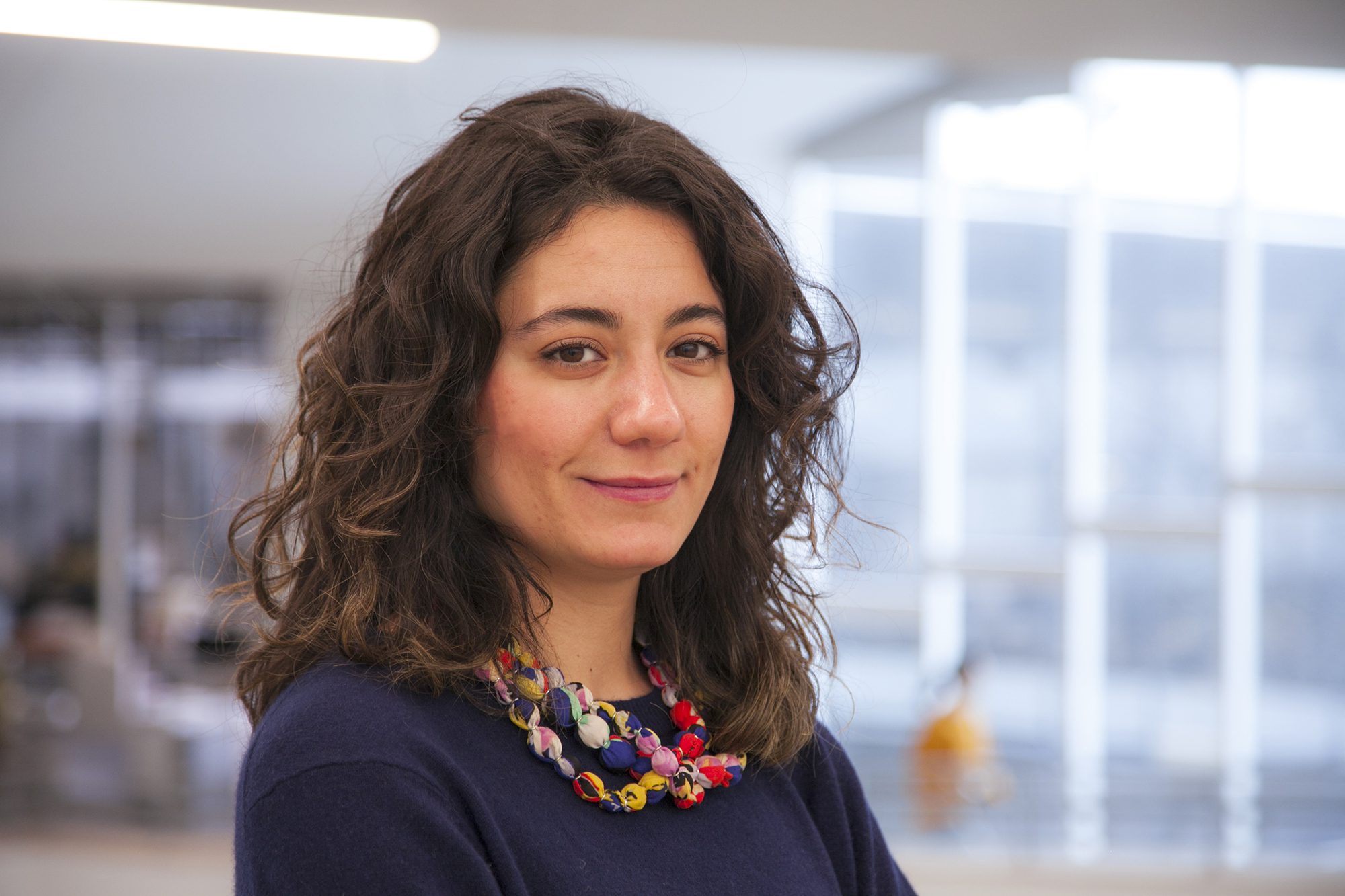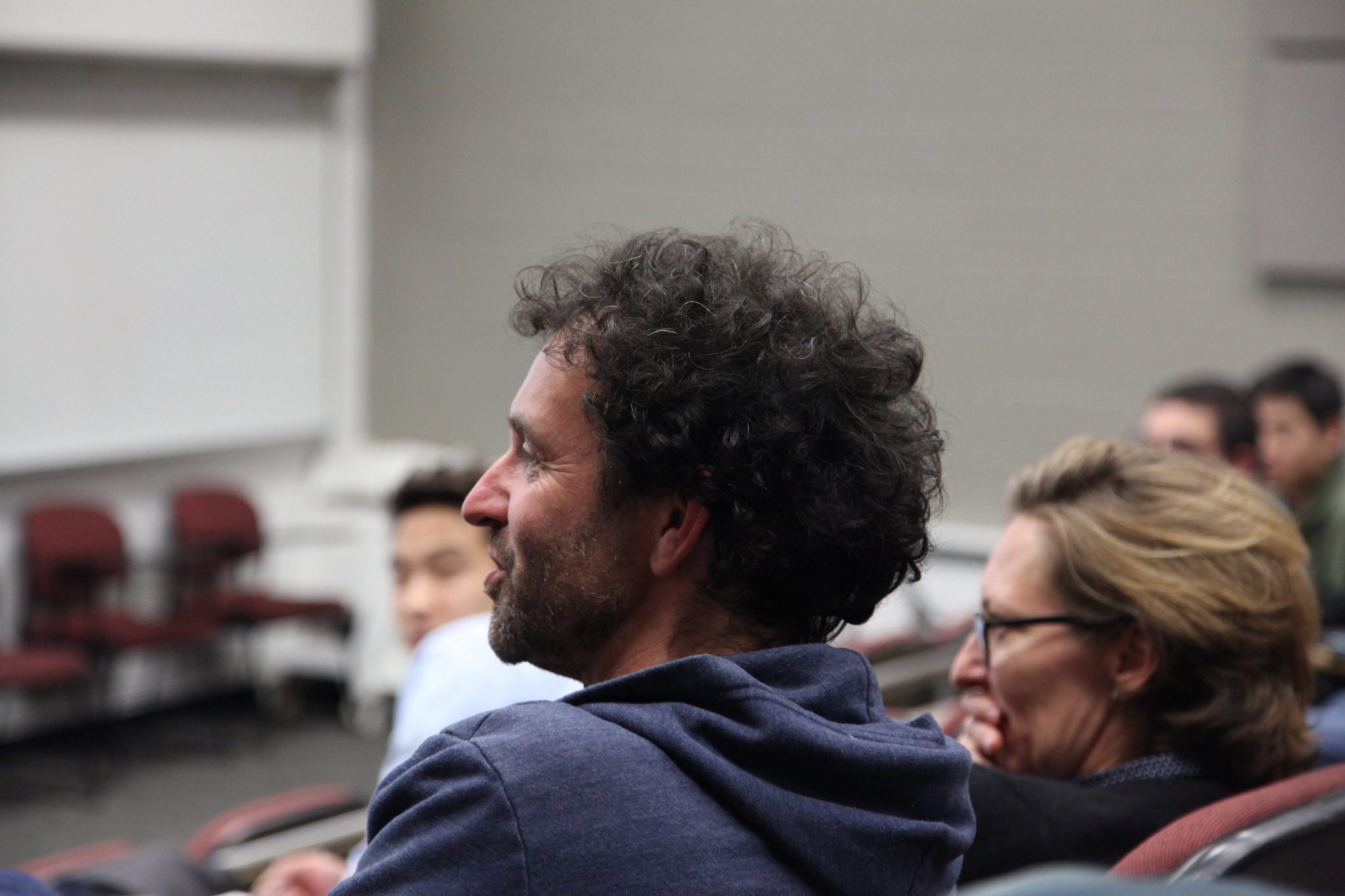
Emine Seda Kayim, a Ph.D. candidate in architecture who also is pursuing graduate studies in Germanic languages and literature at the University of Michigan, will be a research fellow in the Berlin Program for Advanced German and European Studies for the 2020–2021 academic year. The program promotes early career North American researchers with specialized knowledge of modern and contemporary Germany and Europe.
Kayim’s dissertation examines the co-production of architecture and surveillance in the former German Democratic Republic (GDR), recovering the forgotten history of its Ministry of State Security — known as the Stasi — as an architectural producer. She examines how state surveillance influenced the production and use of the East German built environment, and how, in turn, architectural processes and spaces affected the methods and end goals of surveillance. Instead of conceiving of architecture as a merely supplementary by-product of surveillance, this analysis considers architecture as a technology of surveillance that simultaneously facilitated and resisted state power. Her project thereby intervenes in panoptic models prevalent in the studies of the East German state and society, specifically, and the relationship between architecture and surveillance, broadly, by interrogating regimes of surveillance and self-surveillance in the GDR as they moved away from the Foucauldian definition of “the few watching the many” to “everyone watching everyone.”
The Berlin Program for Advanced German and European Studies offers a stimulating academic environment that combines excellent research opportunities at one of Germany’s most distinguished research universities — the Freie Universität — with intellectual and cultural interaction. The colloquium, which is held in German, serves as a central meeting point for all fellows to share, discuss, and support each other’s work. Since the program‘s establishment at the Freie Universität Berlin in 1986, it has supported more than 320 scholars, many of whom now teach and complete research at some of the most influential universities and colleges in the US, Canada and beyond.







